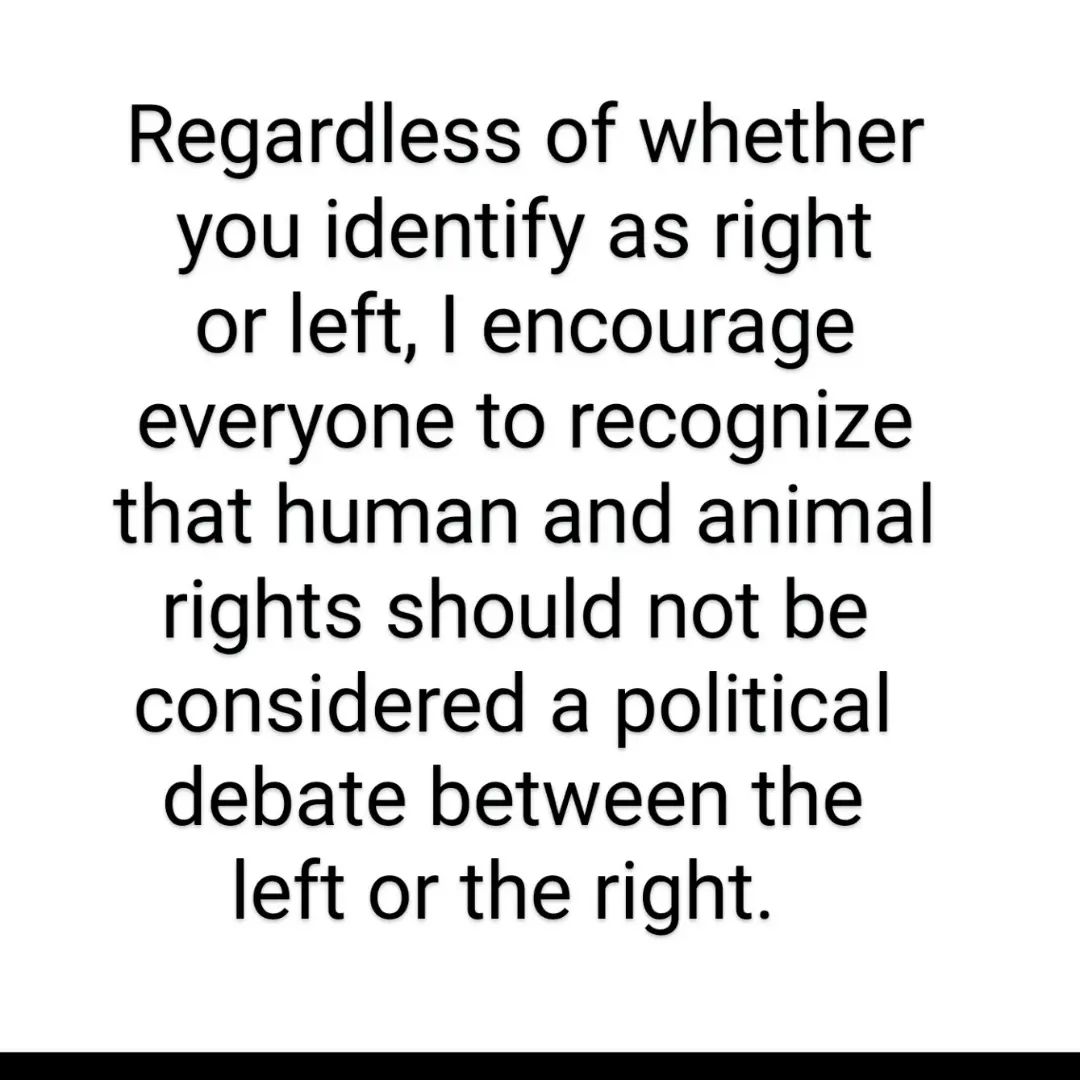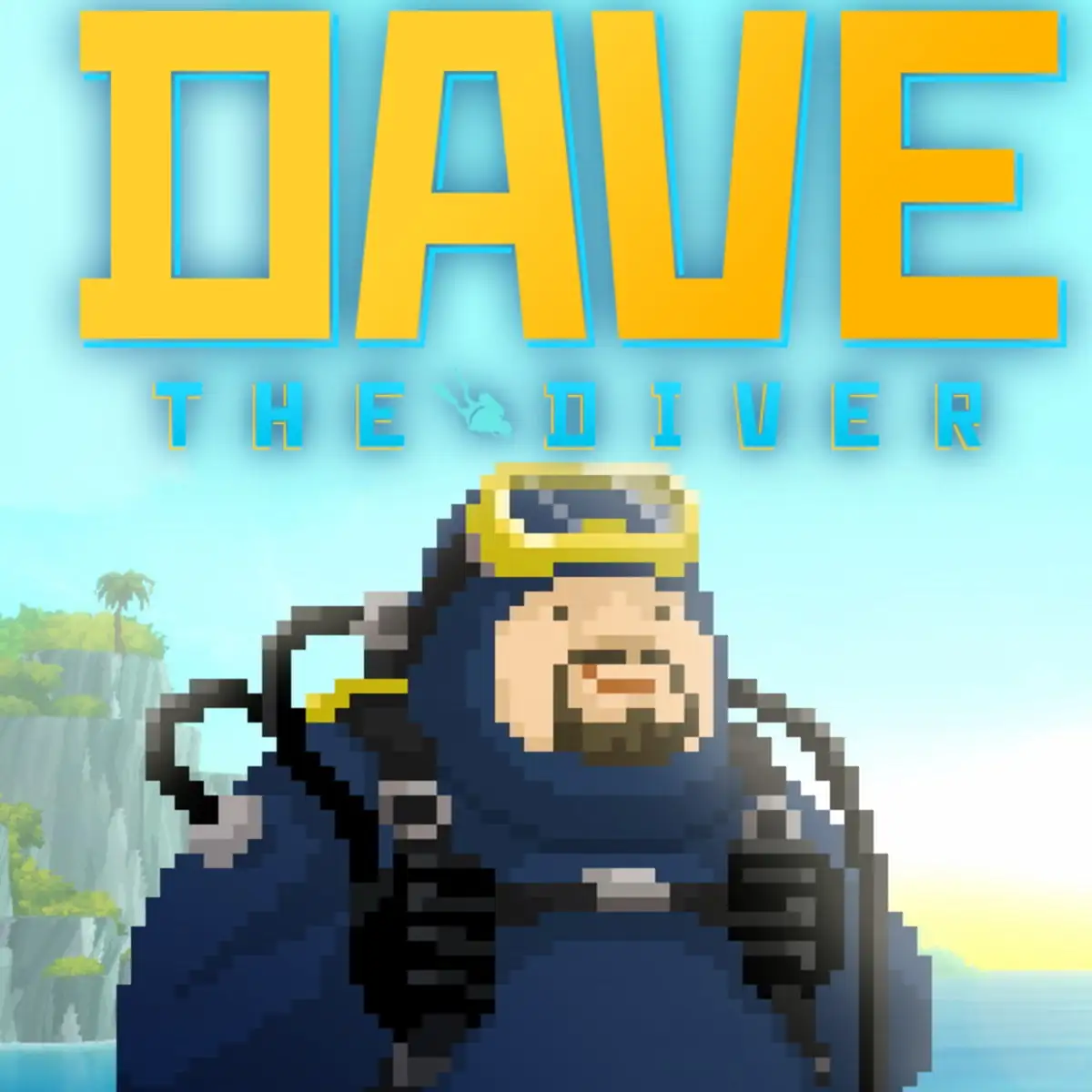


In this context, the political divide isn't just about disagreements over policy or ideology—it's about fundamental differences in how we value and protect the rights and dignity of all individuals, regardless of their identity or background. The challenge is not just to bridge the divide through understanding and communication but to confront and dismantle harmful beliefs and practices that have real-world consequences for marginalized groups. This isn't just a matter of disagreement; it's a matter of justice and human rights.
As our society progresses in understanding various issues such as climate change, mental health, social science, and LGBTQ+ rights, we must adapt and evolve our perspectives based on new information and evidence. This growth is not an attack on tradition but rather a recognition that what may have once been accepted as normal can actually be harmful to certain individuals or groups.
It is crucial for everyone, regardless of political affiliation, to acknowledge the importance of recognizing and addressing harm caused by outdated beliefs or practices. Instead of viewing these changes as a threat to tradition, we should embrace the opportunity to create a more inclusive and just society. This requires a proactive approach in advocating for the rights of all individuals and continuously reevaluating our own beliefs and actions in light of new evidence and understanding.
The political divide extends beyond policy and ideology, reflecting differing values in upholding the rights and dignity of all individuals. The task at hand involves not only fostering understanding but also actively addressing harmful beliefs and practices harming marginalized groups. This issue transcends disagreement; it's a matter of justice and human rights.
Progressives recognize that evolving understanding is crucial, as new facts emerge that challenge past beliefs. Vegans exemplify this, acknowledging the sentience of animals and their capacity for emotions. Despite industries and individuals choosing to exploit them, knowledge and awareness must drive change for a more compassionate society.
What can I say that hasn't already been said? ![]()


The fact that you responded with a reiteration of the statement itself while glossing over the reason why I criticized your statement is 100% indicative of bad-faith concern trolling.
In the very first sentence of my response, I literally said, "What part of this post said or even implied in any way that they can't?" which is an unambiguous indicator that I agree that vegans absolutely can have garbage opinions on politics. Not only that, but I myself have literally made posts about vegans with shitty takes on politics on c/vegan on multiple occasions.
Exhibit A
Also, I'd hope that you, as a leftist, would be able to interpret the difference between a statement at face value and the underlying implications of said statement. People on Hexbear post about concern trolling all the time, where people will utilize what is called a motte-and-bailey fallacy to make their statements seem a lot more innocuous. You are doing the same thing but for veganism.
In this case, "Vegans can have bad takes on things" is the motte, a "no-shit," generic common sense statement that anyone can agree with. However, the problem comes in because of the subtle strawman that anyone here is arguing that vegans cannot have bad takes on things. That is the bailey, and it's why your comment comes off as anti-vegan concern trolling.
Saying things like "Antisemitism is bad" as a motte and "Zionism is good" as a bailey is a super common example that, of course, anti-Zionists have argued against. It's the conflation of a generic, easy-to-defend statement with a statement that is a lot more divisive and controversial that creates the problem.
Your comment is superfluous and lacking in depth, so that's why I interpret it as concern trolling, not because I disagree with the statement itself.